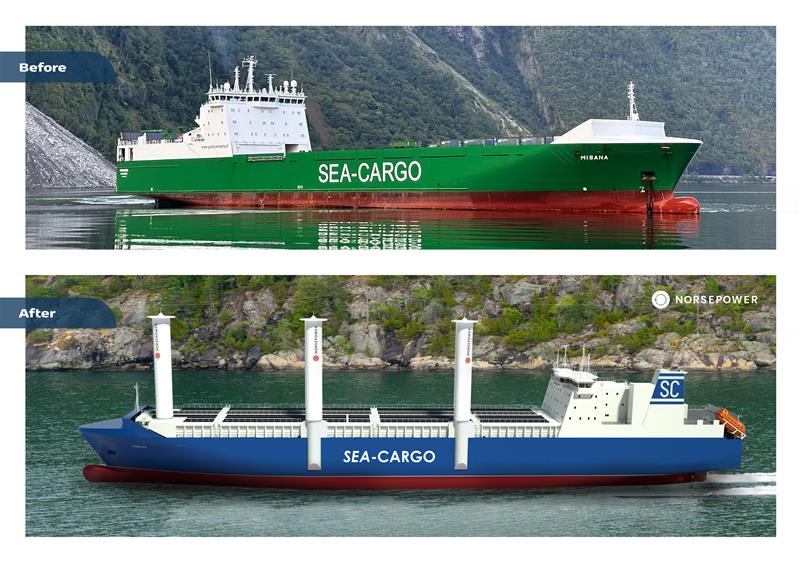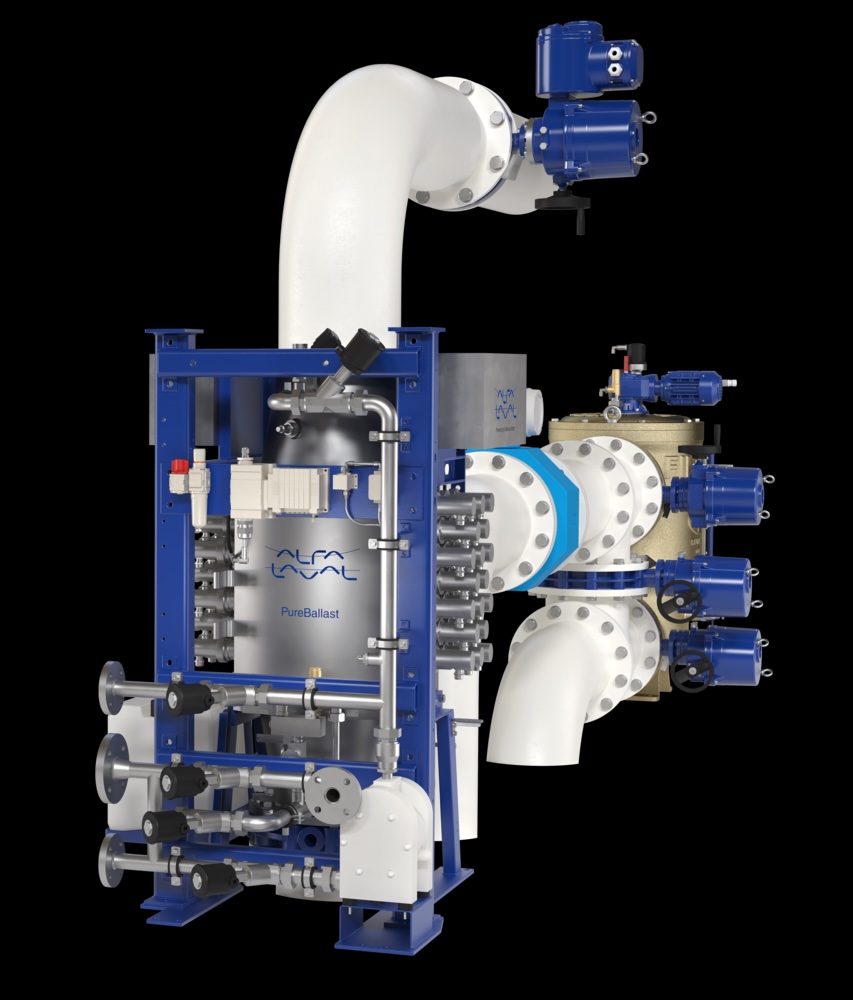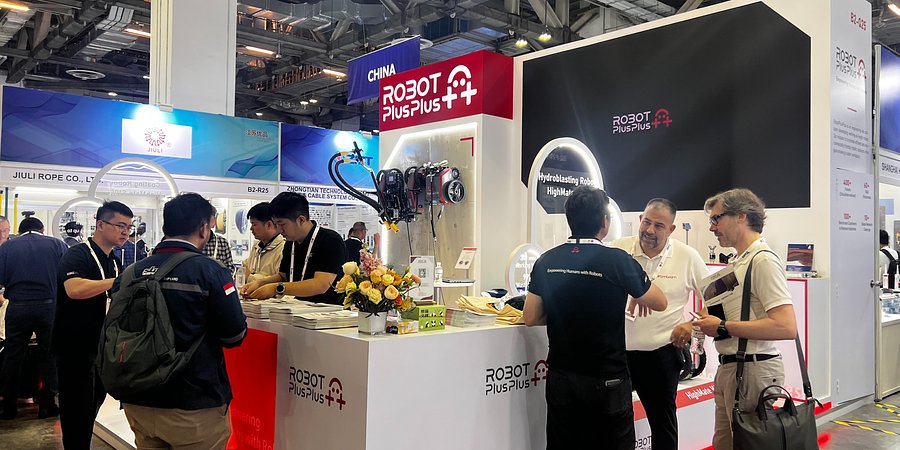Areas of collaboration will focus on energy efficiency to reduce emissions, future fuels that are lower in carbon intensity, such as ammonia, methanol and biofuel blends, and onboard carbon capture pathways.
Decarbonizing transport is a critical pathway to net zero and a key focus for OGCI – a CEOled initiative of 12 of the world’s leading oil and gas companies. Around a fifth of transport emissions come from aviation and marine, and these emissions are harder to abate than road transport, which can more easily switch to electric power.
OGCI is working on the development of low-carbon fuels, such as biofuels, ammonia, hydrogen and E-fuels and has supported the development of onboard carbon capture and storage (OCCS) for ships. OGCI also brings expertise and knowledge from developing landbased carbon capture projects at CCUS hubs to the partnership to mature OCCS, which is at much earlier stage.
GCMD is supporting the decarbonisation of the maritime sector through pilots and trials. Their initiatives include enabling ammonia as a marine fuel, assuring the quality, quantity and emissions abatement of drop-in green fuels, unlocking the carbon value chain through OCCS and scaling the adoption of energy efficiency technologies.
Most recently, GCMD’s projects include a landmark study on offloading onboard captured carbon dioxide, a report examining the propensity of biofuel degradation in marine supply chains, and a pilot addressing concerns of long-term, continuous biofuels use on vessel operations.
Complementary strengths for end-to-end onboard carbon capture at scale
The partnership builds on an existing collaboration between OGCI and GCMD known as “Project REMARCCABLE,” an initiative to demonstrate end-to-end onboard carbon capture at scale. Phase 1 of this project is now complete and findings will be published later this
year.
This partnership further complements GCMD’s efforts, helping to unlock the carbon value chain downstream from OCCS, including offloading, distribution, utilisation and sequestration or utilisation of onboard captured CO2.
As onshore CCUS hubs develop, shipping can be used to transport CO2 from sources to sinks. Sharing best practices, coordinating efforts and harmonising CO2 transport standards can also accelerate the development of CCUS hubs. OGCI’s managing director Julien Perez said, “This partnership is a great example of crossindustry collaboration to achieve emissions reductions as it combines knowledge and expertise from two critically important industries - energy and shipping - to unlock solutions to help decarbonize this hard-to-abate sector.”
Professor Lynn Loo, CEO of GCMD, said, “Just as our eyes are on decarbonising shipping, we must not forget shipping’s critical role in transporting the next generation of energy from where it’s produced to where it’s needed. Our partnership with OGCI will lend an important lens on shipping’s role in the global fuel transition. As our Coalition partner, we look forward to forge pathways to build up the portfolio of viable solutions for shipping to achieve its net-zero targets.”
source:Global Centre for Maritime Decarbonisation
The opinions expressed herein are the author's and not necessarily those of The Xinde Marine News.
Please Contact Us at:
media@xindemarine.com


 Sea-Cargo and Norsepower continue their collaborati
Sea-Cargo and Norsepower continue their collaborati  Alfa Laval expands its portfolio with ultrasonic an
Alfa Laval expands its portfolio with ultrasonic an  Alfa Laval PureBallast 3 Ultra secures orders from
Alfa Laval PureBallast 3 Ultra secures orders from  RobotPlusPlus Wows Maritime Professionals with Carg
RobotPlusPlus Wows Maritime Professionals with Carg  Alfa Laval secures first contract for ammonia fuel
Alfa Laval secures first contract for ammonia fuel  GNV Tests RINA’s Machine Learning and Predictive
GNV Tests RINA’s Machine Learning and Predictive